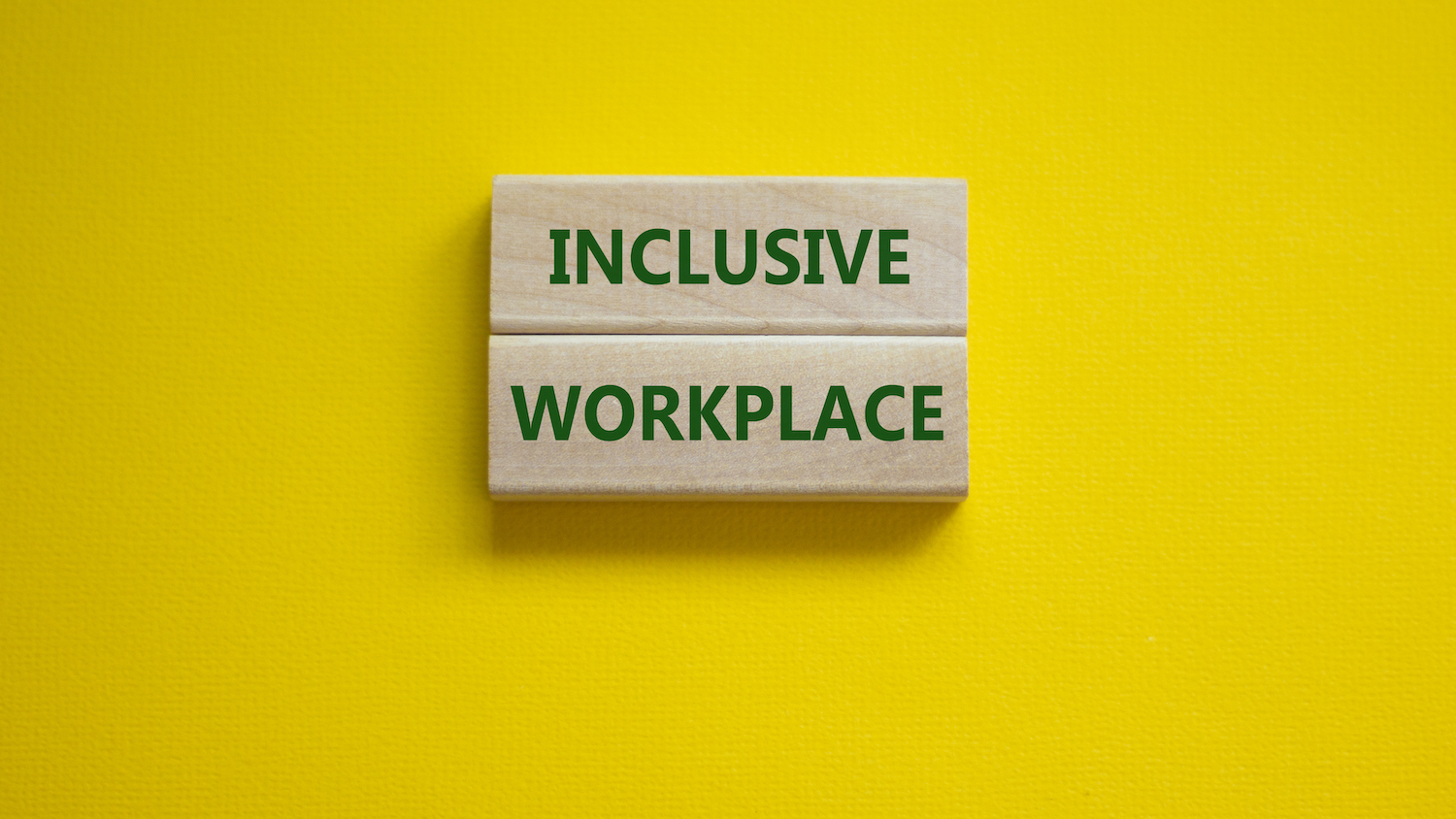
Women in construction: Balfour Beatty’s ‘safe space’ for learning and development
As International Women’s Day gets under way, CIOB People speaks to Balfour Beatty’s Claire Thompson about how the organisation is supporting the recruitment and retention of more female employees
Attracting women into construction roles is a major focus for many firms, as the industry attempts to address the oft-discussed skills crisis.
For Balfour Beatty, successfully delivering diverse infrastructure projects requires an equally diverse workforce.
The company’s head of learning and development, Claire Thompson, explains that engaging women from different backgrounds is the cornerstone of a “high performing culture” which embraces “as many diverse views as possible”.
“A lot of the women we speak to [through community careers events] haven’t ever considered a career in construction could be for them. But that is definitely changing,” says Thompson.
“Part of what we are doing at Balfour Beatty is making people more aware of the different roles that are available and the exciting opportunities that are open to them if they join the industry.”
Retention strategy
But recruitment is futile without a robust retention strategy. With this in mind, Thompson says that the company has a laser sharp focus on retaining existing talent – and inclusion plays a big role.
“For women in particular we run an empowerment programme, which I’m really proud of,” she says. “It has been running for six years and is open to all women within the business.
“We work on issues such as imposter syndrome, building a personal brand, how to work with different people, and how to have impact and influence in the organisation.
“The programme covers lots of different skills and behaviours that women have told us they want to improve.”
So far, more than 500 women have gone through the programme, many of whom have progressed into leadership roles within the business.
Beyond the focus on talent programmes, Thompson says that an improved understanding of women’s health and wellbeing is an important step towards a more inclusive workplace.
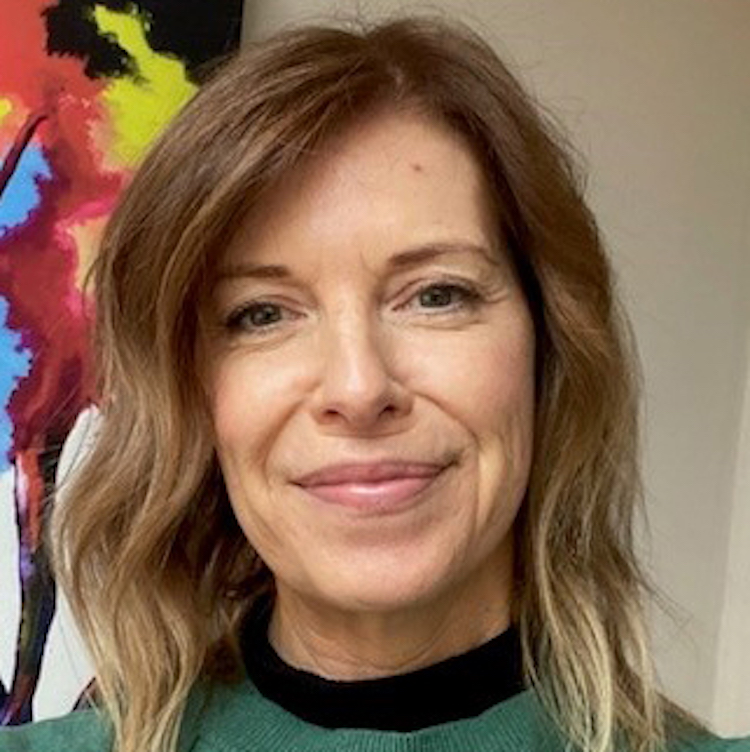
We run ‘Tea and Talks’ and we’ve had hosts who are male leaders in the organisation. We want to make sure it’s not just groups of women talking to each other – it’s about everybody coming together
Menopause working group
One example is the work the company is doing to promote awareness around menopause issues.
“It’s about education for everybody in the organisation, but it’s also enabling us to retain more women so they have a better experience with us,” she says.
“We’ve done a lot of work creating a menopause working group, as well as creating training programmes for line managers and for individuals. We also have a buddy scheme, with ‘meno buddies’ who help to support others in the organisation.”
Thompson adds that it has been important to encourage male allies within the business. “We run ‘Tea and Talks’ and we’ve had hosts who are male leaders in the organisation.
“We want to make sure that it’s not just groups of women talking to each other – it’s about everybody coming together,” she says.
“Women have told us about their experiences of things like memory loss, and we’ve also heard from female engineers working on site and the challenges they have to deal with going through the menopause.
“We also run training sessions for line managers to help them understand what the menopause actually is, how to support their employees, and how to approach challenging conversations.”
Value of allyship
Thompson reiterates the importance of allyship, particularly in the learning and development space, when it comes to creating an inclusive workplace.
“Our Right to Respect programme runs across the whole organisation and more than 3,000 employees have gone through that, including all senior leaders,” she says.
“The programme helps to promote an inclusive culture – a workplace where everyone is valued and bad behaviour is not condoned.”
Through the programme, employees explore how to identify bad behaviours, how to respond, and how to stand up for others.
“We have a lot of practical tools and techniques that people can use,” says Thompson. “The programme is currently being rolled out to everyone in the organisation. It will take a couple of years, but we’re absolutely moving in the right direction.”
Facilitating a safe space
Central to this inclusive approach to learning and development is facilitating a “safe space” where employees can have open and honest discussions.
“It’s vital that people feel empowered to ask questions and have an open discussion. The ‘inclusive workplace’ is a red thread that runs throughout all our development programmes,” Thompson explains.
From bringing people into the organisation to supporting employees’ progression into leadership roles, everyone should feel valued, she adds, confident to be themselves and empowered to perform at their very best.
“It’s all about supporting the workforce to be comfortable being different and potentially having different ideas. We want to nurture a safe space where all our people can learn, develop and grow.”
Comments
Comments are closed.


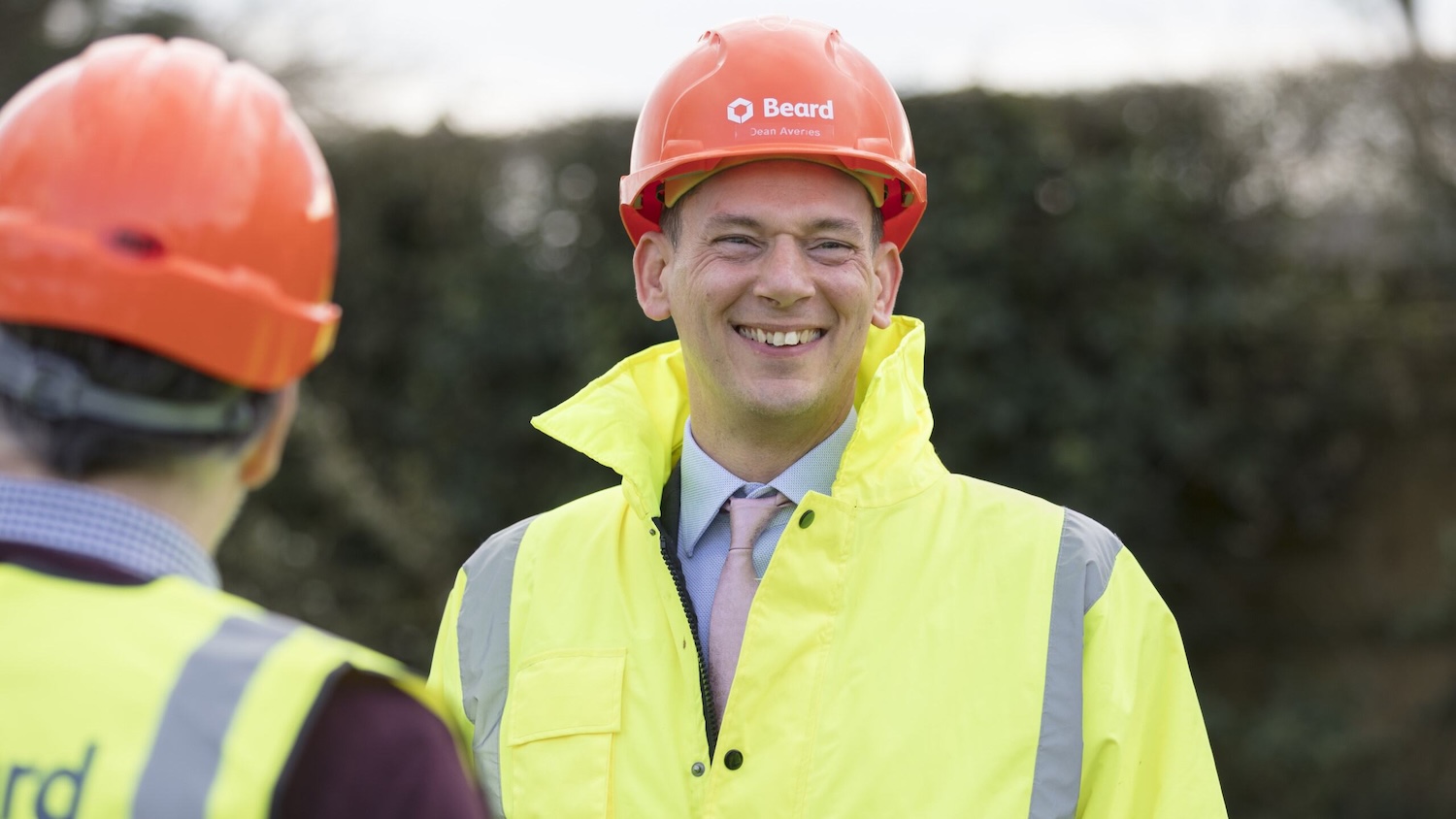
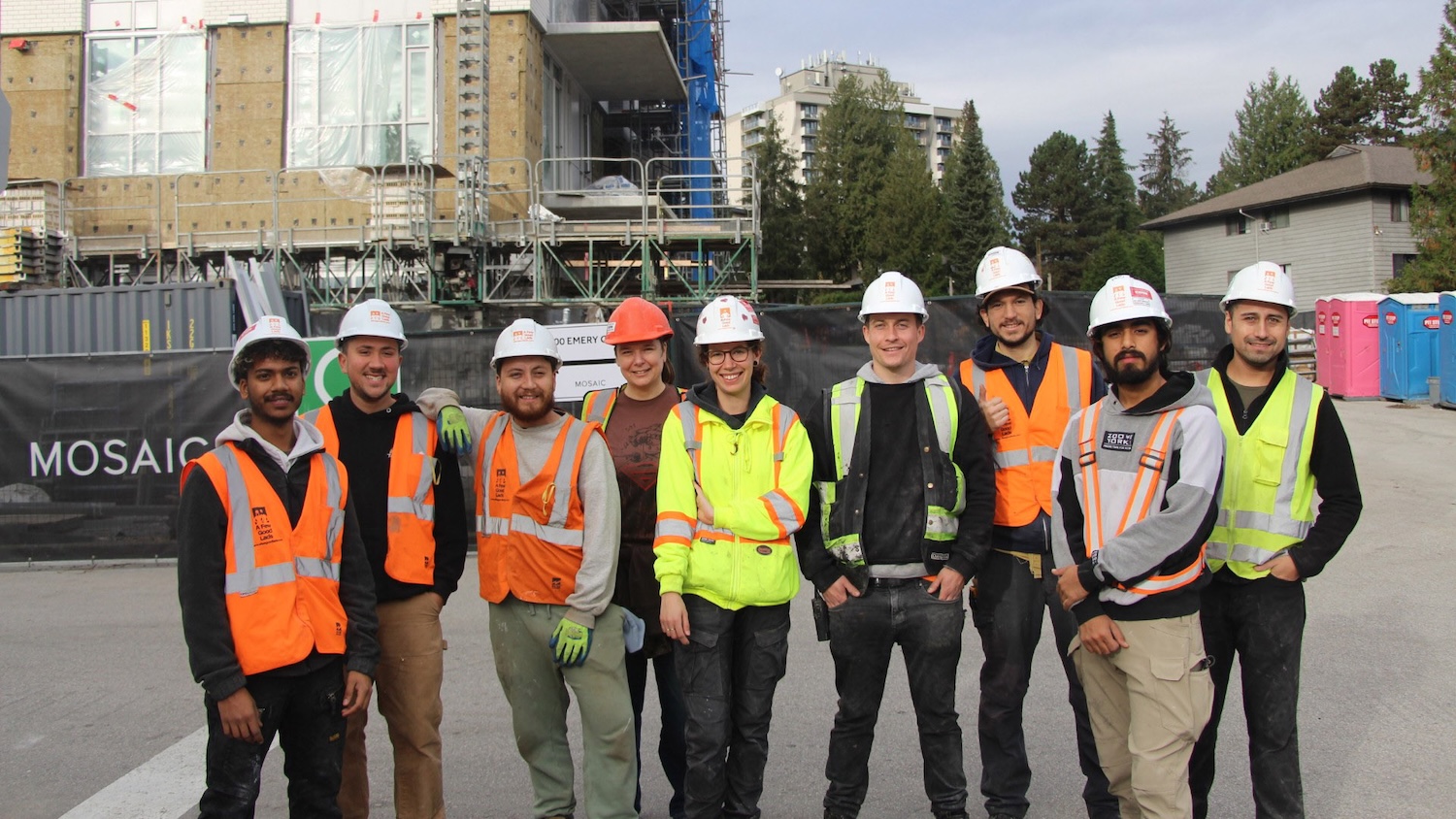
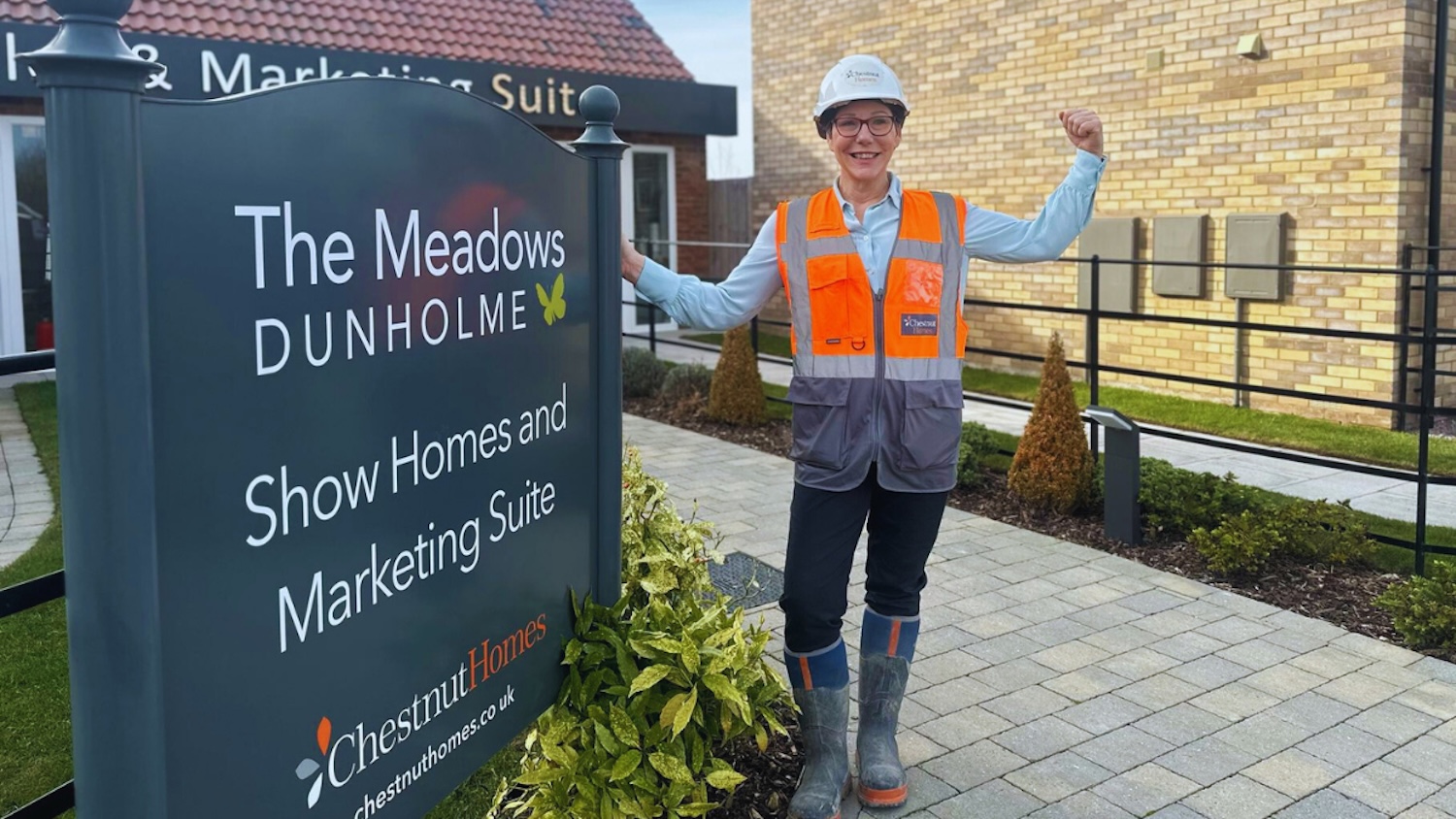
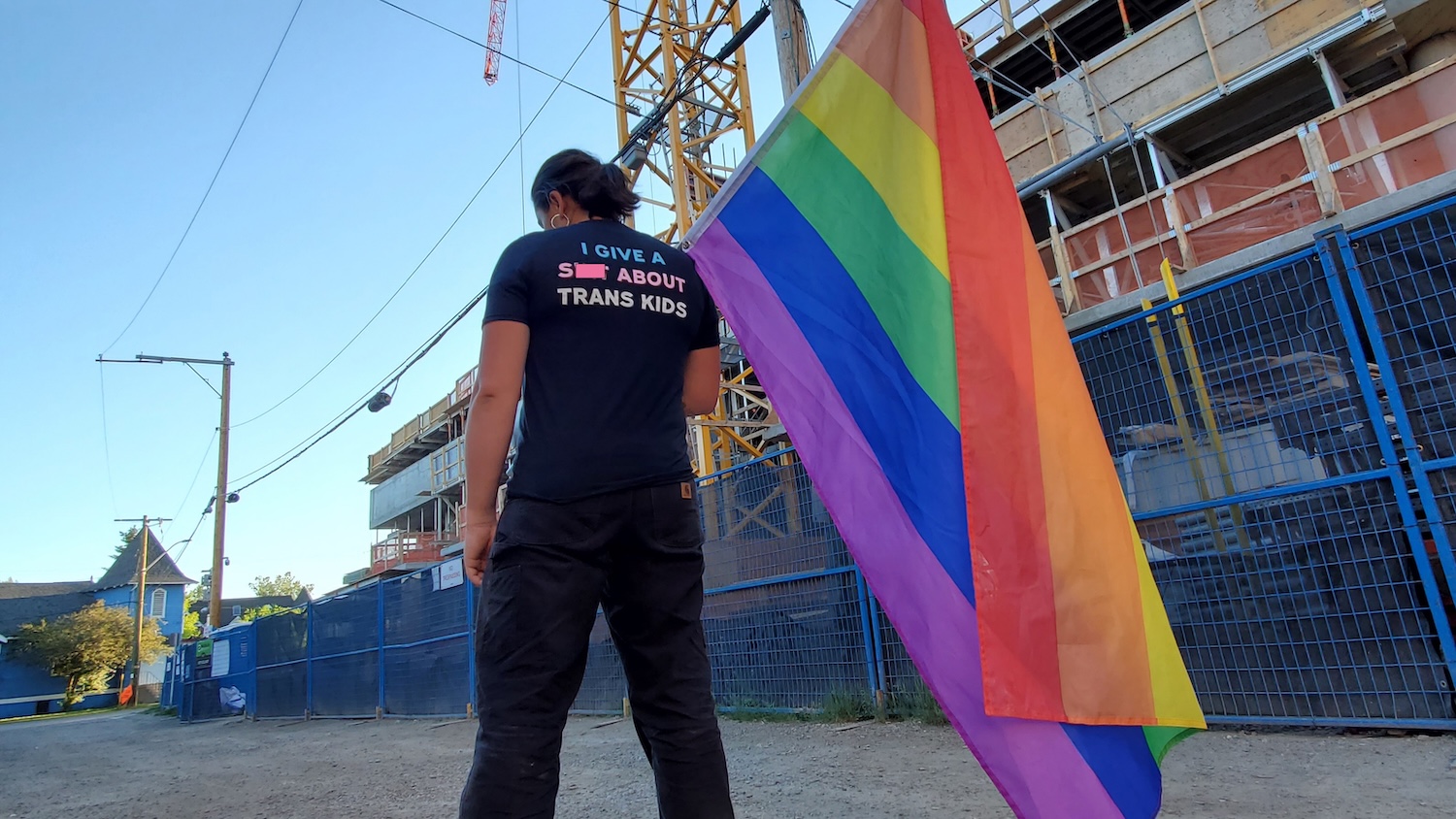
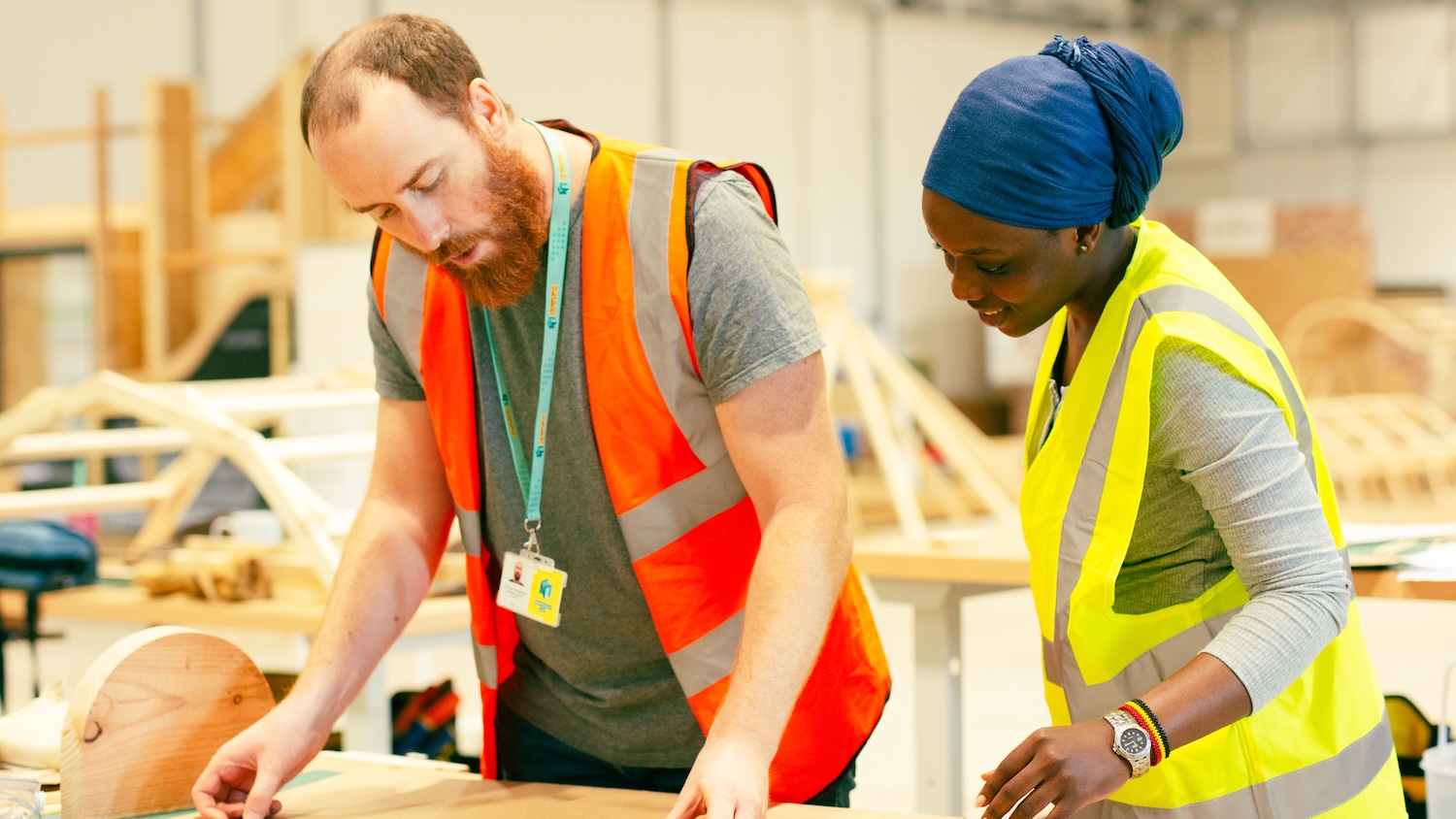

Whatever happened to ‘if you can’t stand the heat, stay out of the kitchen ?!!